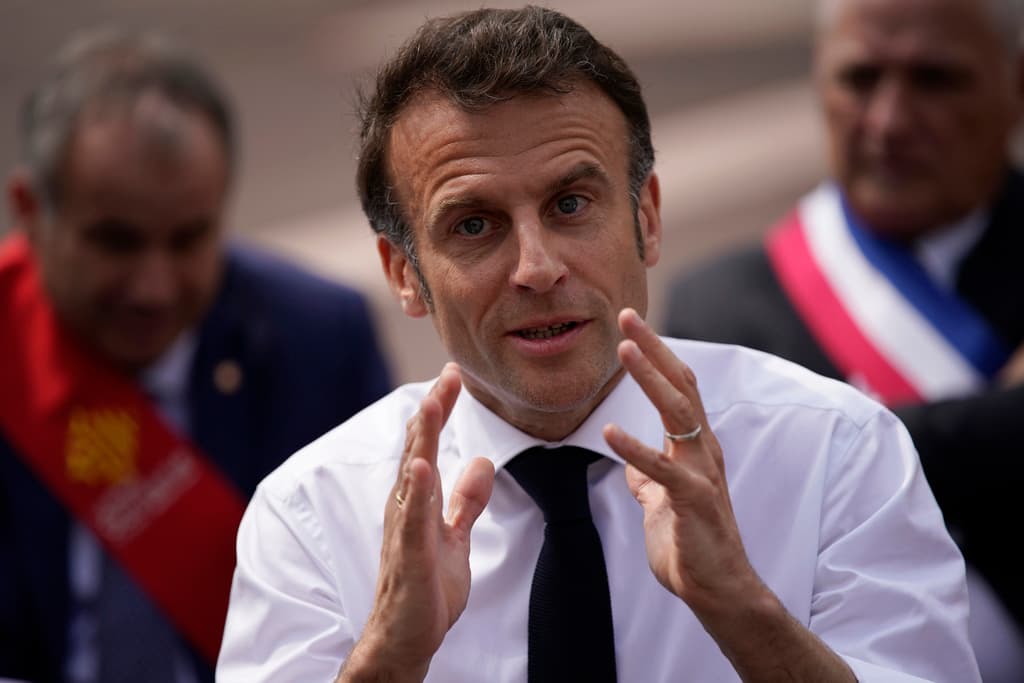French-German Discord Over Support for Ukraine Points to EU Prolonging the War
Paris stymies Kyiv’s attempt to keep tabs on Belarus, while Berlin more or less looks on.

Did you hear the one about President Macron’s incipient plan to rendezvous with Red China’s foreign policy mandarin, Wang Yi, to try to douse the flames in Ukraine by summer’s end? In France, the sound of Monsieur Macron’s plummeting poll numbers have mostly drowned that out — and prompted his archrival, Marine Le Pen, to politely suggest he resign.
Please check your email.
A verification code has been sent to
Didn't get a code? Click to resend.
To continue reading, please select:
Enter your email to read for FREE
Get 1 FREE article
Join the Sun for a PENNY A DAY
$0.01/day for 60 days
Cancel anytime
100% ad free experience
Unlimited article and commenting access
Full annual dues ($120) billed after 60 days

